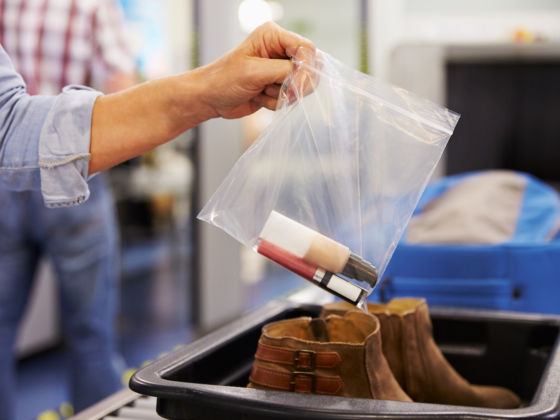Ten years ago, most of us had no clue how many harmful chemicals and by-products were a part of our daily health regimen. It was more about finding what products, from shampoo to antiperspirant, actually cleaned our hair and well, kept us from sweating.
Now, information about harmful ingredients found in your average beauty merchandise is slowly making its way to the masses. But what is the real story, and what can be used instead?
Yes, many products most of us use every single day have cancer-causing ingredients. So I’m here to dust off that ole’ holistic nutrition degree and list ones which might be drastically negatively affecting your health, and what in the world to replace them with:
